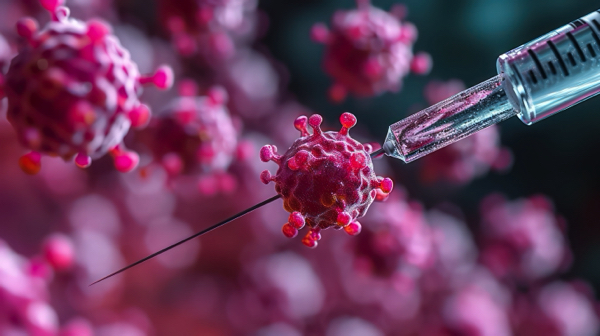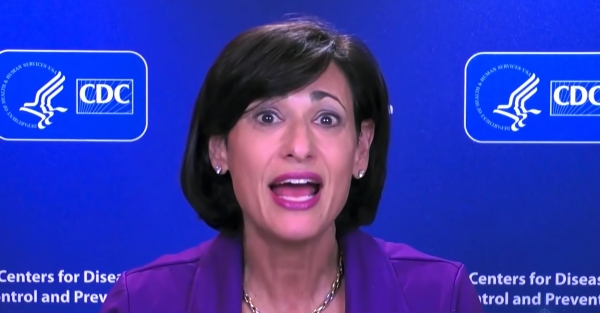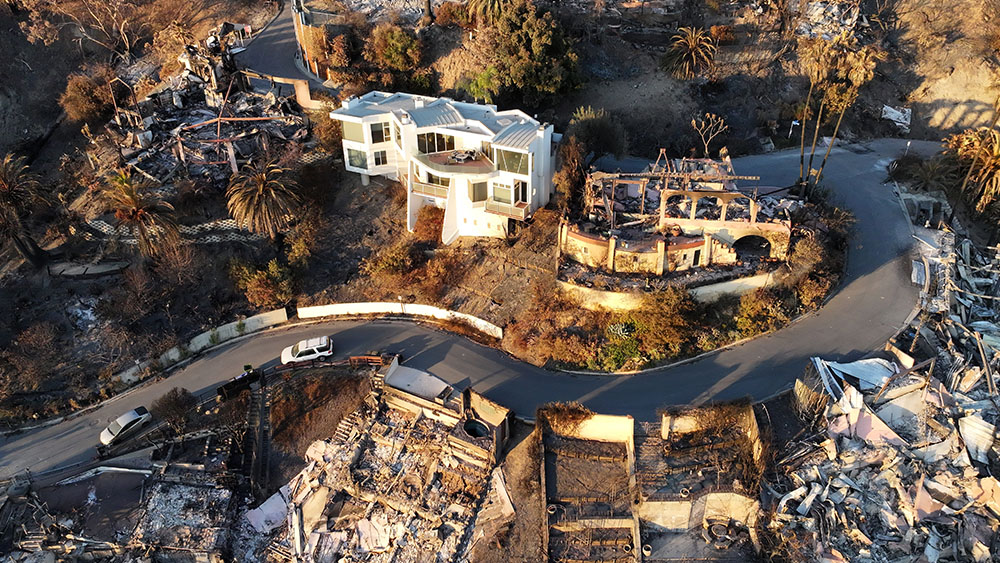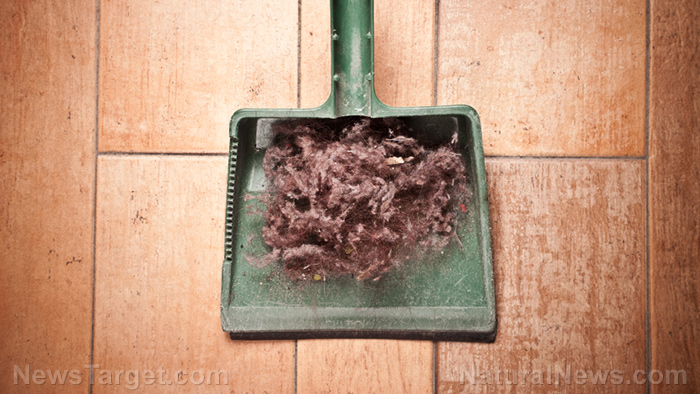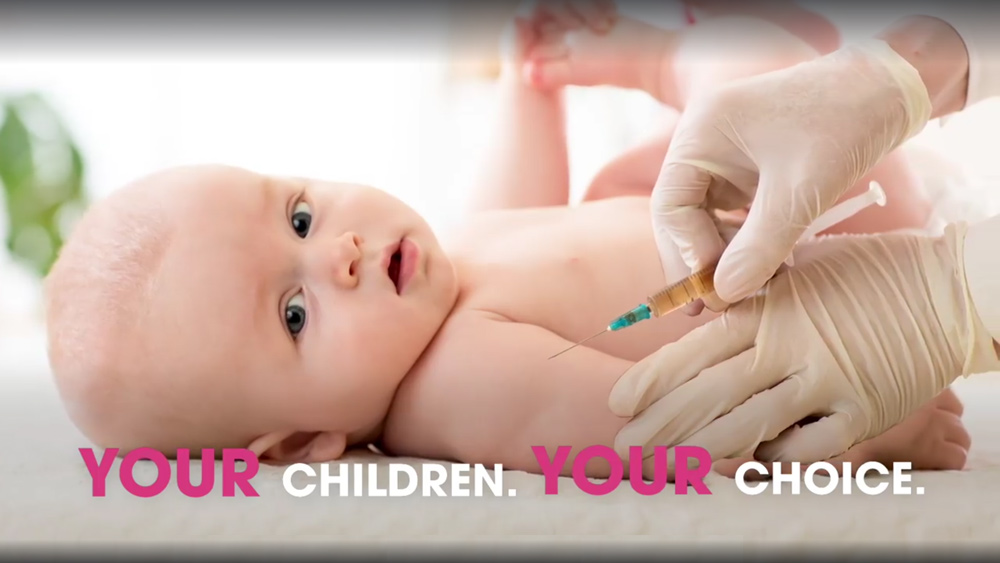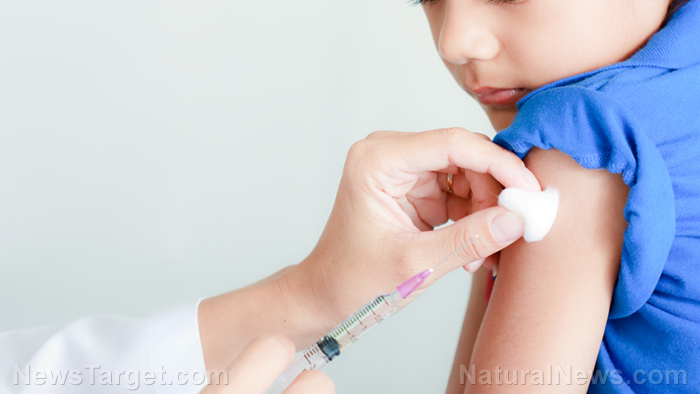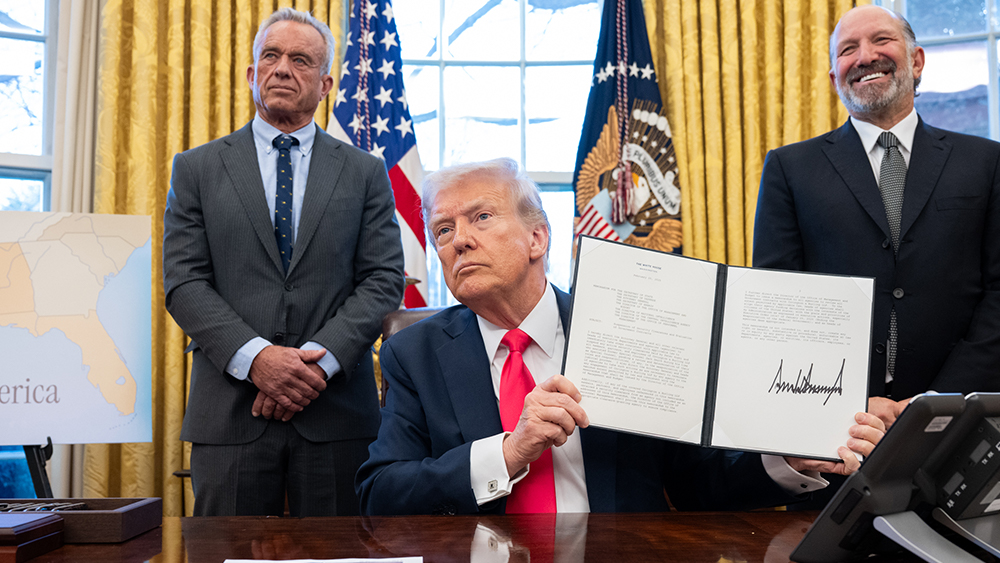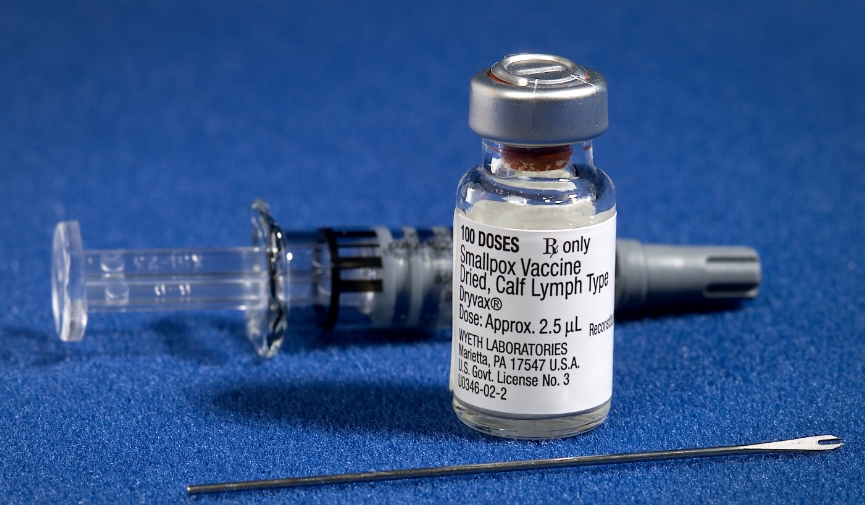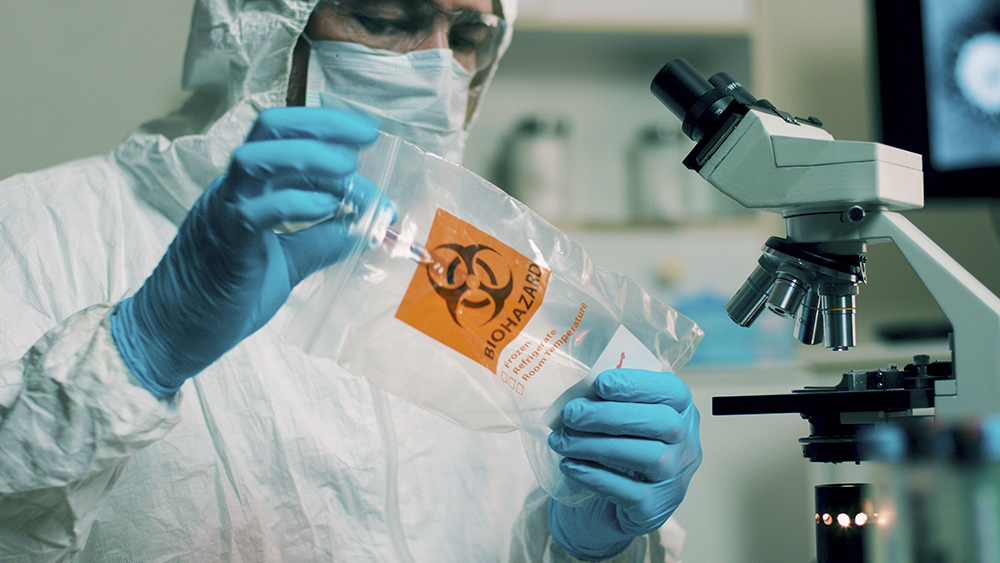Budesonide emerges as lifeline for measles patients amidst hospital system turmoil
04/02/2025 / By Lance D Johnson
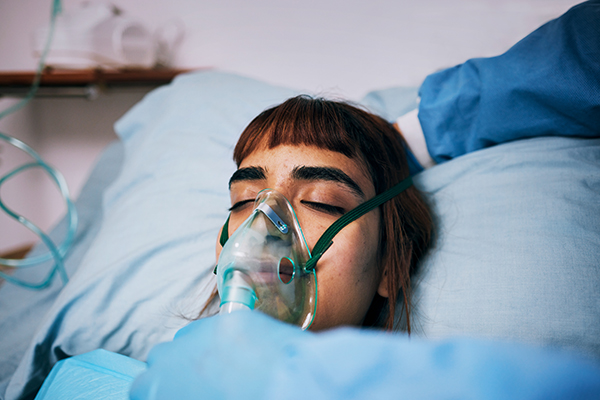
In a heartening turn of events, a 4-year-old girl named Lyla from West Texas has made a remarkable recovery from secondary pneumonia following a measles infection, thanks to the timely administration of budesonide. This case highlights the urgent need for better-equipped hospital systems and more informed medical professionals in the face of infectious diseases. The story of Lyla’s treatment, which took place at Covenant Children’s Hospital in Lubbock, exposes the systemic failures and lack of preparedness that have plagued the medical community, particularly in the aftermath of the COVID-19 pandemic.
A mother’s desperate plea for effective treatment
Lyla was admitted to the emergency room of Covenant Children’s Hospital on February 28, suffering from severe breathing difficulties. Her condition was critical, and her parents, MaryAnn and Henry, were deeply concerned. Just two days earlier, another child, a 6-year-old girl, had died from pneumonia following a measles infection at the same hospital. The deceased child had not received any breathing treatments before her untimely death.
MaryAnn and Henry, who chose not to vaccinate their children due to concerns about vaccine injuries, had been using natural remedies to support their children’s recovery from measles. However, when Lyla’s respiratory issues worsened, they knew they needed more than natural remedies. “I started noticing she wasn’t breathing as well,” MaryAnn recalled. “She was breathing very heavy on her chest and her fever was coming back.”
Desperate for help, MaryAnn contacted her former doctor at Covenant Medical Center, who had saved her life 12 years earlier. “I trusted you with my life 12 years ago, and I trust you with my daughter’s life now,” she pleaded. The doctor arranged for Lyla to be airlifted to Lubbock Covenant Children’s Hospital, where she would receive the care she desperately needed.
Hospital System failures exposed
Upon arrival at the hospital, Lyla’s parents faced a series of distressing encounters with hospital staff. Henry recounted an exchange with a head nurse who questioned his knowledge of his daughter’s condition, asking, “Are you a doctor?” in a condescending tone. When Henry offered to show photos of his children with measles, the nurse demanded proof, revealing a troubling lack of trust and empathy.
Even more alarming, hospital staff denied Lyla food and water for nine hours, citing concerns that she might vomit if her condition worsened. This decision left Lyla hungry and thirsty, adding to her parents’ distress. Henry questioned the decision, asking the ER doctor, “Is there any medical reason that this child shouldn’t eat or drink?” The doctor responded, “No. Why would we deny this child anything? She needs to eat and drink as much as she wants to get better.”
Budesonide: A game-changer in respiratory treatment
Lyla’s turnaround came when Dr. Richard Bartlett, a West Texas emergency room physician with extensive experience in treating respiratory inflammation, intervened. Bartlett, who had successfully used budesonide during the COVID-19 pandemic, persuaded Lyla’s doctor to try the treatment. “I’ve never lost anyone with COVID,” Bartlett told the doctor. “Can we try it on this patient?”
Budesonide, a generic, widely available inhaled corticosteroid, has a long history of safety and effectiveness in easing respiratory inflammation. After just three treatments, Lyla’s condition improved dramatically. Her oxygen levels rose, and she was able to go home within 36 hours of her first budesonide treatment.
Lyla’s story is a testament to the power of basic, effective treatments like budesonide, which can be used for any infectious disease affecting the respiratory tract. It also underscores the need for hospital systems to be better prepared and for medical professionals to be more informed about the full range of treatment options available.
As The Defender previously reported, Dr. Ben Edwards attempted to get the Texas Department of State Health Services (DSHS) to issue a statement on budesonide as a possible treatment for respiratory issues following a measles infection. However, the state’s medical director, Dr. Scott Milton, stated that the DSHS’s only recommendation for measles was the MMR vaccine, and he did not believe the health authorities would “go for” promoting budesonide.
Lyla’s recovery is a beacon of hope in a landscape of medical uncertainty and systemic failures. Her story raises important questions about the state of our healthcare system and the need for a more open-minded, patient-centered approach to treatment. As we continue to face the challenges of infectious diseases, it is crucial that we learn from cases like Lyla’s and advocate for better, more accessible treatments.
In the words of Dr. Bartlett, “We need to be open to all the tools in the toolbox.” This sentiment echoes the growing awareness and demand for a more comprehensive approach to healthcare, one that prioritizes patient well-being and embraces a wider range of treatment options.
Sources include:
Submit a correction >>
Tagged Under:
alternative medicine, breakthrough, budesonide, Censored Science, Covenant Children's Hospital, discoveries, health freedom, health science, Hospital System Failures, infectious diseases, measles, medical negligence, MMR vaccine, Prescription drugs, remedies, Respiratory Treatment, Secondary Pneumonia, West Texas
This article may contain statements that reflect the opinion of the author




